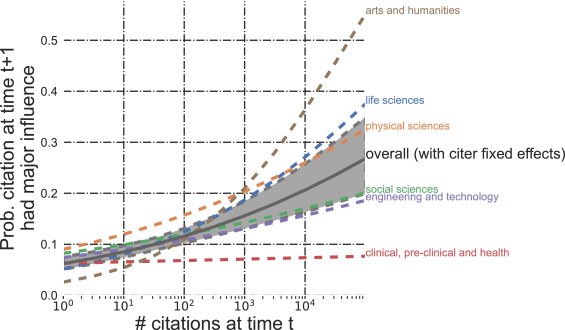
Sociology of science and innovation || Asst prof at Michigan @UMSI
How to get URL link on X (Twitter) App


 1. Commercial distortion
1. Commercial distortion
 Project was motivated by a surprise:
Project was motivated by a surprise: 

 Countless personal stories and some systematic work on grant competitions (early-stage ideas) tends to show novel ideas are disfavored in peer review, e.g. pubsonline.informs.org/doi/abs/10.128…
Countless personal stories and some systematic work on grant competitions (early-stage ideas) tends to show novel ideas are disfavored in peer review, e.g. pubsonline.informs.org/doi/abs/10.128…
